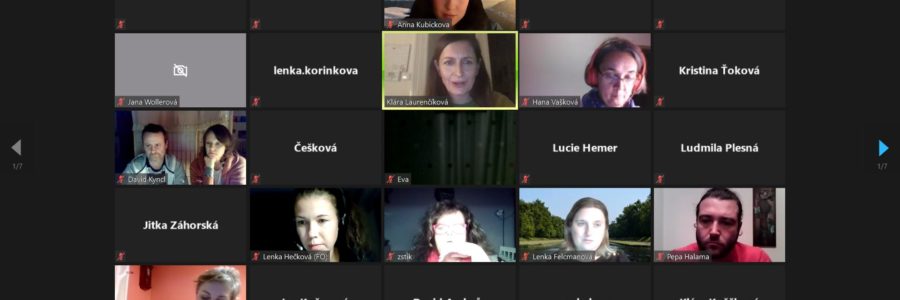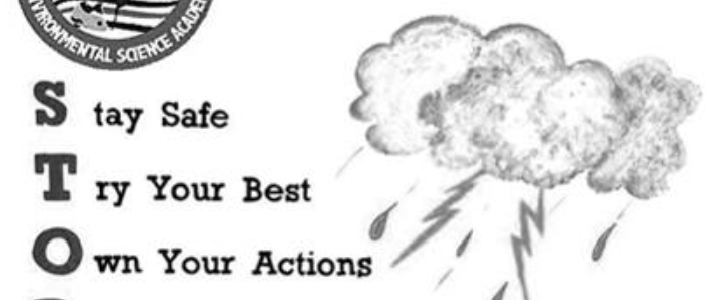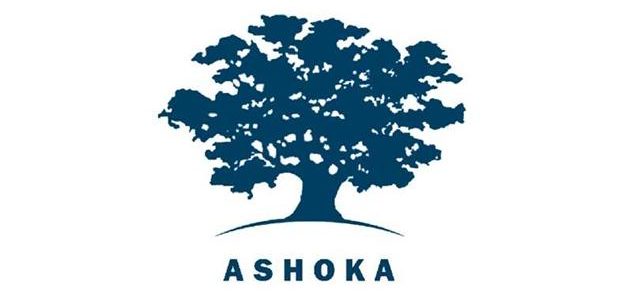These days, each of us needs support. Especially those who are supporting others. We have therefore organized the first online meeting for employees of school counseling centers on Wednesday 18. 11. 2020. There was a great demand for the meeting and over 160 school counselors, principals, and teachers from all over the country had attended virtually. We have focused on supporting children with SEN during the pandemic, supporting the mental health of children and teachers, and children’s behavior support in the online environment. The children’s behavior support presentation describes some important principles and procedures of PBIS.
You can find the video here.
Providing support for children with SEN during distance education (PDF)
Promoting self-regulation and mental health (PDF)
Supporting children’s behavior in the online environment (PDF)
The discussion brought many inspiring observations of the participants. We publish some of them:
“Most important is the relationship between teacher and educational assistant (for children with SEN), if it does not work well in regular environment, it is then perhaps even more difficult in distance learning. We use assistants largely, for example for tutoring children. “
“I am very happy that we have assistants – they work individually, pay attention to the pupils needs, they also support those who do not have official recommendations from the counseling center, but they can also support those who need it – but we are still learning and looking for the best ways…”
“I involved ed. assistants in the lessons and it’s great. The problem was mostly with the teachers, who didn’t cooperate. But it is already clearly proven, an assistant can contact the family, come to online classes, and can then work with the student individually. It is not only up to the teacher, who at this time is very busy communicating with parents and students, providing formative assessment etc. “
Relevant questions were raised in person and in the chat, and most of them were answered directly during the meeting and complemented by interesting experiences of the participants from their practice.




